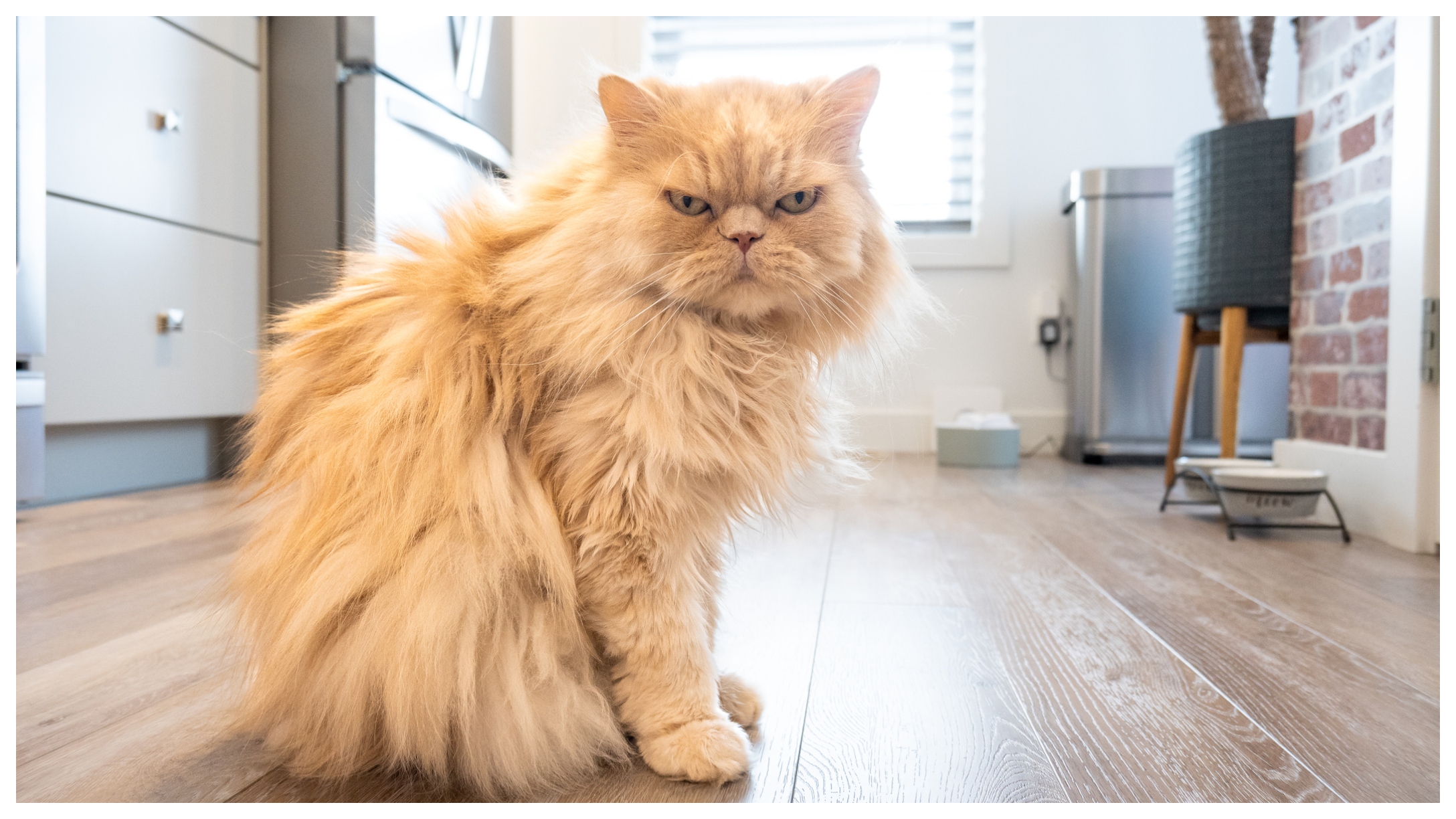
Cats are funny and adorable creatures with some pretty silly quirks. They love to chirp at birds, knock glasses off tables, and always get the zoomies at 2 a.m. A new study is revealing a potential dark side to feline ownership.
The Queensland Centre for Mental Health Research compiled data from 17 studies from 11 countries completed over the past 44 years. Researchers found that people who owned cats before the age of 25 were twice as likely to go on to develop schizophrenia. The findings were published in the medical journal Schizophrenia Bulletin.
Dr. John McGrath broke down the study’s findings. “Our findings support an association between cat exposure and an increased risk of broadly defined schizophrenia-related disorders,” he explained. But don’t go get rid of your cat just yet.
More research is needed here. “There is a need for more high-quality studies, based on large, representative samples to better understand cat ownership as a candidate risk-modifying factor for mental disorders,” McGrath continued. The real issue begins with Toxoplasma gondii according to many of the studies.
More from LittleThings: New Study Shows That Cats Make Nearly 300 Different Facial Expressions
Toxoplasma gondii is a parasitic protozoan that is also known as “cat poop parasite.” Studies have found its presence can lead to increased rates of mental illnesses. Cats carry the parasite and can infect their human owners. Most owners who come into contact with it do not develop symptoms. The unlucky ones could face body aches, nausea, blindness, brain damage, and even death.







